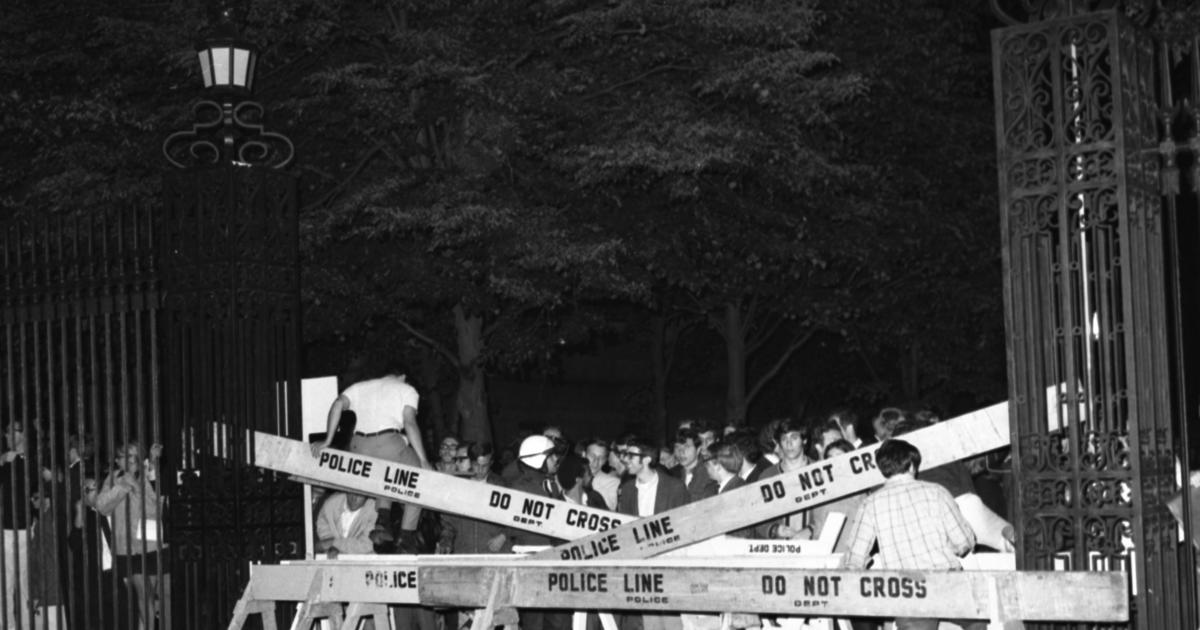HealthWatch: Heart Dialysis
NEW YORK (CBS 2) -- Dialysis is normally used to treat patients with kidney problems, but it can also help people who've suffered heart attacks from experiencing further complications years down the road, Dr. Max Gomez reports.
More than 1.25 million times a year, someone has a heart attack in this country. Most will actually survive a first heart attack but often with damage to the heart muscle, damage that eventually, perhaps years later, catches up with the victim and causes heart failure.
Steven Jones was lucky in that he didn't have a heart attack, but a bad heart valve still led to heart failure.
"I wasn't able to walk. I wasn't able to move. I was having sleepless nights, very short of breath, only being able to take three or four steps," he said.
Those are the typical signs of heart failure. There's overwhelming fatigue, shortness of breath because the lungs are filling with fluid, and then there's swelling of the lower limbs because of fluid pooling.
It all stems from the heart being too weak to pump enough blood to other body organs.
"Kidneys don't receive enough blood. They're not able to get rid of the normal components of the diet, the salt that's in the everyday diet, and so salt and water start to accumulate in the body and basically it just starts to accumulate everywhere," said Dr. Stuart Katz of the NYU-Langone Medical Center.
That's where a dialysis machine comes in. It does what the kidneys aren't doing, getting rid of excess salt and water.
Steven Jones was hooked up to it for a couple of days through a tube in some neck vessels. He lost 14 liters of water. That's 31 pounds of fluid.
All that water is hard on the heart.
"Actually puts an additional load of the heart that makes it not work properly," said Dr. Katz.
Patients feel a lot better right away.
"You slowly feel as though you are deflating," explained Jones. "You're breathing and moving around, absolutely it's liberating."
Most heart failure patients won't need dialysis because diuretics, water pills, and a strict low-salt diet are often enough to keep the fluid from building up in the lungs and legs, but patients sometimes become resistant to the drugs and that's when this type of dialysis can be a life-saver.
Were you aware of this type of treatment? Sound off in our comments section below…



